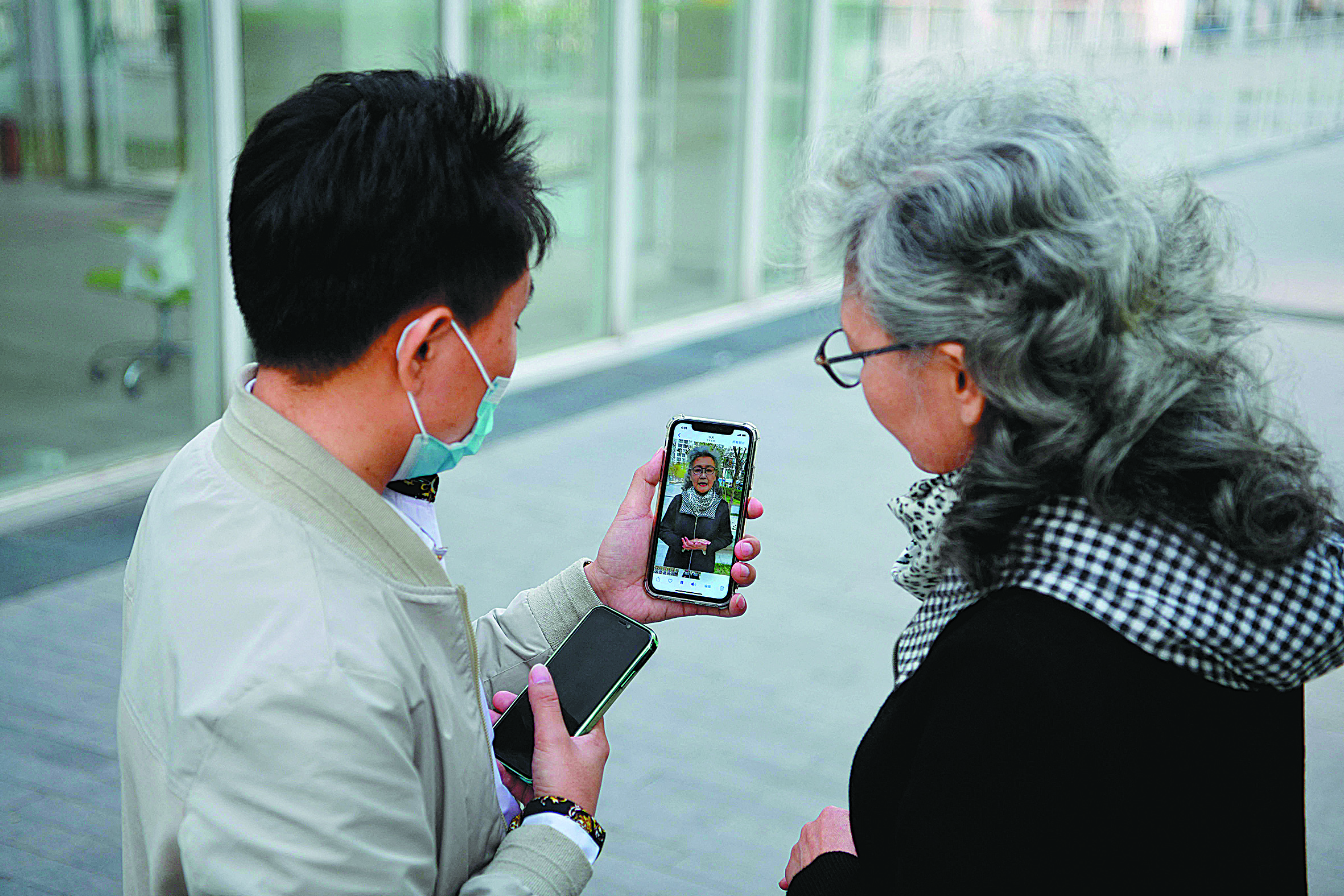Seniors spiral into internet addiction


Changing demographics
The figures are intertwined with shifting family patterns in China. The average size of families is decreasing as a result of flagging fertility, better housing supply and increased migration nationwide.
About 25 percent of Chinese-mostly young adults-are classified as migrants, the census data showed. Experts say the statistics mean more older people are living apart from their working children. These "empty nesters" are estimated to number 120 million.
Wei Junping, a registered psychologist in Yinchuan, Ningxia Hui autonomous region, said loneliness is fueling internet addiction among seniors. She told Yinchuan Evening News that retirees are prone to "spiritual emptiness" and spend long hours on social media, chatting, sharing and exploring. "Their children really need to visit them more," she said.
They are also increasingly in the sights of internet fraudsters or "digital exploitation" scammers.
Knowing that many seniors can be lured by small advantages, some short-video apps offer red envelopes to those who use their services for long periods to burnish their user data. To earn the money, many seniors leave videos playing while they cook.
The internet can also be a hotbed of misinformation. Media reports say that many adult children are offended and concerned about the things their parents post on social media platforms, ranging from distorted historical facts to conspiracy theories.
Even so, the internet is still embraced by many as a new way to shine and connect.
Zhang Maize, who lives with his wife and pet dog in Wuhu, Anhui province, said he cannot live without his smartphone. The 76-year-old loves online payment systems, breaking news notifications, live-streams of major sports events and chatting with faraway friends.
"The smartphone is much better than television, radio or newspapers," he said, but he stressed that he does not abuse the device.
In summer, the former State-owned hotel employee gets up at 5 am to walk his dog. After, he has breakfast, reads the newspapers and checks the latest bulletins on his phone. Then, he takes a nap and has a walk outside, fully occupying himself until it is time for bed.
"My smartphone allows me to talk to people far away," he said. "I have many memorable photos in my album, and I have posted many articles and memoirs. It feels good to see and read them."
Wang Luxi and Sun Fengyi contributed to this story.























